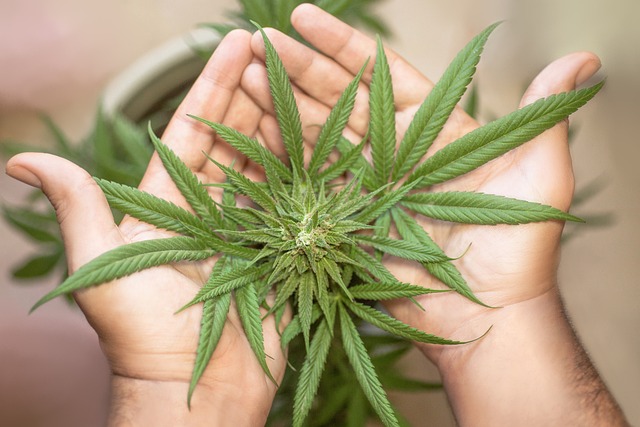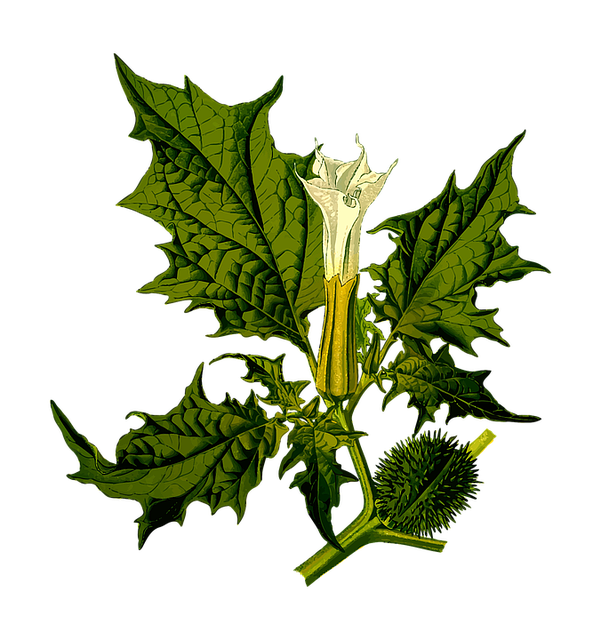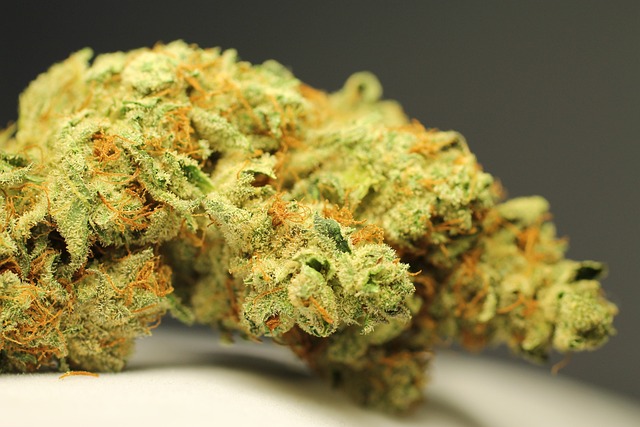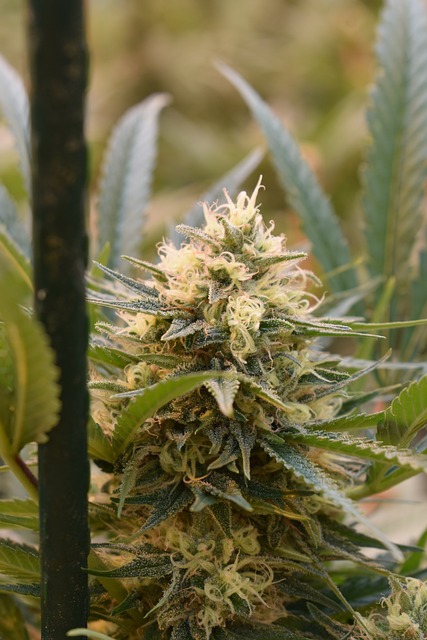Delta 9 THC gummies are a popular edible form of cannabis consumption in Canada, with federal regulations permitting their use for both medical and recreational purposes nationwide. However, specific provincial laws govern sales, distribution, and consumption, creating a patchwork of rules that consumers must navigate to ensure legal compliance. Health Canada enforces strict guidelines on product safety, quality, and standardization. Consumers are advised to purchase from licensed retailers, adhere to dosage recommendations, and be aware of potential side effects. It's essential to understand the regulatory framework unique to each Canadian province, as these laws dictate legal limits for possession, which vary across provinces like British Columbia and Ontario. Always prioritize health and safety when consuming delta 9 gummies, considering individual tolerance and the slow onset of effects due to metabolic processes. Safe storage is critical to prevent unauthorized access or underage use, with child-resistant packaging being a must. Stay informed about the legal limits for possession specific to your province to remain within the law and avoid any legal complications.
Discover the world of Delta 9 gummies, a popular edible derivative of cannabis that’s gaining traction among Canadian consumers. This article delves into the nuances of using these products within the varying legal frameworks across Canada’s provinces. Learn how to select premium-quality Delta 9 gummies, understand their dosage and effects, and ensure safe storage in your home. Whether you’re new to cannabis edibles or a seasoned user, this guide offers valuable insights into the responsible use of Delta 9 gummies in Canada.
- Understanding Delta 9 Gummies: A Comprehensive Guide for Canadian Consumers
- Delta 9 Legal Status Across Different Canadian Provinces
- Selecting High-Quality Delta 9 Gummies: Factors to Consider
- Dosage and Effects: Navigating the Experience with Delta 9 Gummies in Canada
- Storage, Safety, and Responsible Use of Delta 9 Gummies in Your Home
Understanding Delta 9 Gummies: A Comprehensive Guide for Canadian Consumers

Delta 9 gummies have become a popular consumption method for cannabis within the Canadian market, offering a discreet and palatable alternative to smoking or vaping. As of the knowledge cutoff in 2023, delta 9 tetrahydrocannabinol (THC), the psychoactive component found in cannabis, is legal across Canada for both medical and recreational use. However, regulations vary by province, with each provincial government having its own rules regarding the sale, distribution, and consumption of these products. In Canada, delta 9 THC gummies must comply with the stringent Health Canada guidelines that govern cannabis products. These guidelines ensure product safety, quality, and standardization to protect consumers. For those interested in purchasing delta 9 gummies, it’s crucial to understand both federal and provincial laws, as they can differ significantly. Consumers should verify the legality of these products within their specific province or territory and familiarize themselves with the dosage recommendations, potential side effects, and the importance of responsible use. Whether for medicinal purposes or personal enjoyment, having a clear grasp of the regulatory framework will enhance the consumer experience and ensure compliance with the law. Navigating the delta 9 gummies market in Canada requires due diligence, as not all products may be available nationwide. Consumers are encouraged to purchase from licensed retailers and to always prioritize their health and safety by adhering to the recommended guidelines for consumption.
Delta 9 Legal Status Across Different Canadian Provinces

In Canada, the legal status of Delta 9 gummies and other cannabis-infused edibles varies across different provinces, reflecting a federal framework that allows for their use while individual territories set out their own regulations. As per the Cannabis Act, which was federally enacted in October 2018, Delta 9 THC is legal nationwide, but the sale and distribution of these products are governed by provincial and territorial laws. Notably, provinces like Alberta and British Columbia have embraced this market with a wide array of licensed retailers offering Delta 9 gummies, adhering to strict quality control and labeling standards. In contrast, other regions such as Quebec and Ontario have implemented more restrictive policies, with sales primarily available through government-run or authorized stores. Consumers in these jurisdictions must navigate different rules, which could include age restrictions, purchase limits, and varying taxation models. It’s always crucial for consumers to familiarize themselves with the specific regulations within their province or territory to legally and responsibly enjoy Delta 9 products.
Selecting High-Quality Delta 9 Gummies: Factors to Consider

When exploring the world of Delta 9 gummies, discerning consumers in Canada are advised to prioritize high-quality products for a safe and enjoyable experience. The legality of Delta 9-THC varies by province in Canada, with most following federal guidelines that allow for the sale and possession of cannabis derivatives, including edibles, provided they contain less than 10 mg of THC per unit. To ensure you’re selecting a top-tier Delta 9 gummy, consider the source of the hemp, as it should be organically grown and non-GMO to minimize contaminants and maximize purity. Examine the product’s label for detailed information on dosage, ingredient list, and THC content, which is crucial for both legal compliance and personal safety. Additionally, reputable manufacturers often provide third-party lab test results, which confirm the potency and absence of unwanted substances. By adhering to these guidelines, consumers can confidently choose high-quality Delta 9 gummies that comply with local regulations across Canadian provinces. It’s also advisable to start with a low dose to gauge effects before increasing intake, as individual sensitivities to THC can vary greatly. This approach not only ensures adherence to the legal limits of Delta 9-THC but also promotes a personalized and responsible experience with these products.
Dosage and Effects: Navigating the Experience with Delta 9 Gummies in Canada

Delta 9 gummies have become a popular consumption method for cannabis users in Canada, offering a discreet and enjoyable way to experience the effects of THC. When considering dosage, it’s crucial to start low and go slow, as this approach minimizes the risk of adverse reactions. Health Canada regulations dictate that edibles containing delta 9 THC should not exceed 10 milligrams per unit, with a maximum of 100 milligrams per package. This guideline is in place to ensure consumer safety and a standardized experience. Users new to delta 9 gummies should begin with a small dose, such as 2.5 or 5 milligrams, and assess their tolerance before increasing the dosage gradually. The effects of delta 9 THC can vary based on individual biology, metabolism, and tolerance, so it’s important to wait for the initial effect to be felt before deciding whether to consume more. In Canada, delta 9 gummies are legal in provinces where cannabis has been regulated for adult use. It’s essential to purchase these products from licensed retailers to ensure their quality and safety. The onset of effects from delta 9 gummies can take longer than other consumption methods, such as smoking or vaping, due to the digestion and metabolic processes involved. Users should be patient and allow at least one to two hours for the effects to fully manifest before determining if they wish to consume additional gummies. Remember to always adhere to provincial regulations and personal health considerations when incorporating delta 9 gummies into your wellness routine.
Storage, Safety, and Responsible Use of Delta 9 Gummies in Your Home

Delta 9 gummies, a popular edible form of cannabis that contains THC, the psychoactive component found in cannabis, have become a common choice for both medical and recreational users in Canada. Ensuring their safe storage and responsible use is paramount, especially given their legal status varies across different Canadian provinces. Proper storage involves keeping delta 9 gummies in a cool, dry place, away from direct sunlight and children or pets. This not only preserves their potency but also protects young individuals from accidental ingestion. Child-resistant containers are highly recommended for this purpose. Additionally, it’s crucial to label these containers clearly to avoid any confusion with regular candy.
When it comes to responsible use, users should be mindful of the dosage and be aware that the effects of delta 9 gummies can take up to two hours to fully manifest. Therefore, it’s wise to start with a low dose and wait for its onset before consuming more. Users should also consider their individual tolerance and the specific legal regulations in their province, as they can vary significantly. In British Columbia, for instance, there is no possession limit, whereas in Ontario, there is a 30-gram limit. Always adhere to local laws and regulations to ensure compliance with delta 9 gummies’ legal use. Furthermore, it’s important to keep track of your consumption and store the gummies responsibly to prevent any legal issues that could arise from unauthorized access or improper storage leading to underage use or other unintended consequences.
When exploring the world of Delta 9 gummies in Canada, it’s crucial for consumers to be well-informed about their legality across various provinces, how to select high-quality products, and the proper dosage for an optimal experience. This comprehensive guide has navigated the nuances of Delta 9’s legal status, ensuring safe storage and use within your home environment. As you consider incorporating these gummies into your wellness routine, remember to adhere to provincial regulations and prioritize safety and quality. With the right approach and knowledge, Canadian consumers can responsibly enjoy the benefits of Delta 9 gummies, enhancing their experience in a manner consistent with local laws and personal health considerations.
